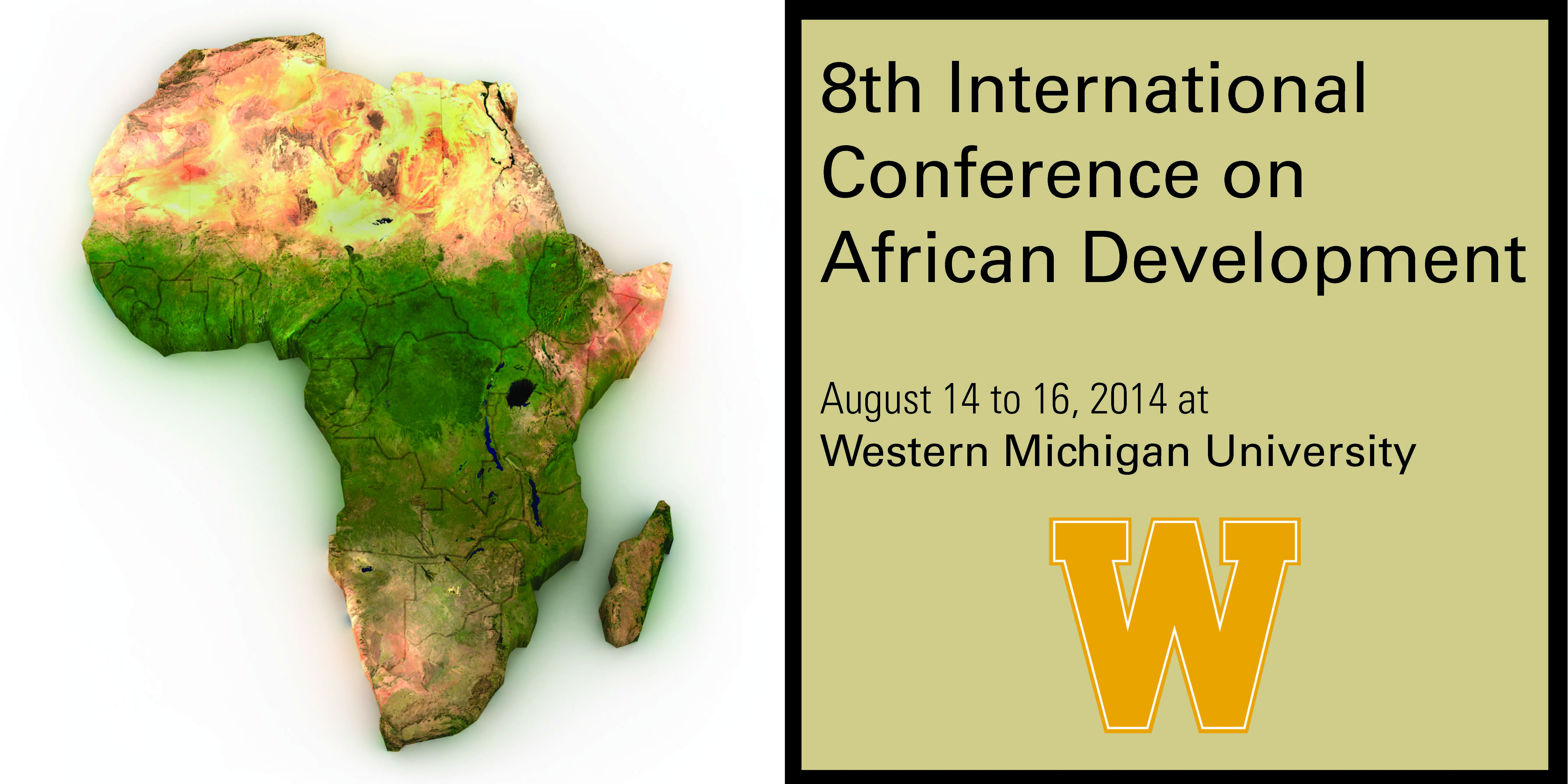
Effects of Downsizing Strategies on Survivors’ Organizational Commitment and Job (IN) Security: The Case of Ethio Telecom
Abstract
The study sought to analyze the effects of downsizing strategies on survivors’ organizational commitment (affective, continuous, and normative) and job (in) security at Ethio Telecom. This study used descriptive and causal effect type of study. It focused on both qualitative and quantitative approaches for collection and analysis of data. The researcher employed simple random sampling technique to select 362 respondents. In this study, Principal Component Analysis (PCA), Pearson correlation test, multiple linear regression, and Structural Equation Modeling (SEM) were employed. As the findings depict the majority of the 11 respondents (60-80%) confirmed that there was injustice in organizational procedure. Contrasting to procedural justice, although it is at the margin (52-63%), the analysis result of distributive justice illustrates that survivors’ perception is positive for most of the variables. Conversely, the study result exhibits 58-77% respondents confirmed that there is a feeling of job insecurity. Similarly, the regression analysis result depicts that positive and significant effect of exogenous variables (organizational justice) with P-values (Sig.) = 0.000 on endogenous variables: affective, continuous, and normative commitment with R2 value of 0.24, 0.14 and 0.27 respectively. Whereas the result shows that there is no significant effect of organizational justice on job insecurity. Furthermore, the standardized estimate for procedural justice on affective, continuous, and normative commitment effects were all significant but they are not that much strong (ß = 0.23, 0.19, 0.17) while distributive justice had high effect 0.97, 0.99, 0.98 respectively. Hence, the researcher recommends that first of all, search for other possible strategies that have less negative consequence on victims before downsizing...
Effects of Downsizing Strategies on Survivors’ Organizational Commitment and Job (IN) Security: The Case of Ethio Telecom
The study sought to analyze the effects of downsizing strategies on survivors’ organizational commitment (affective, continuous, and normative) and job (in) security at Ethio Telecom. This study used descriptive and causal effect type of study. It focused on both qualitative and quantitative approaches for collection and analysis of data. The researcher employed simple random sampling technique to select 362 respondents. In this study, Principal Component Analysis (PCA), Pearson correlation test, multiple linear regression, and Structural Equation Modeling (SEM) were employed. As the findings depict the majority of the 11 respondents (60-80%) confirmed that there was injustice in organizational procedure. Contrasting to procedural justice, although it is at the margin (52-63%), the analysis result of distributive justice illustrates that survivors’ perception is positive for most of the variables. Conversely, the study result exhibits 58-77% respondents confirmed that there is a feeling of job insecurity. Similarly, the regression analysis result depicts that positive and significant effect of exogenous variables (organizational justice) with P-values (Sig.) = 0.000 on endogenous variables: affective, continuous, and normative commitment with R2 value of 0.24, 0.14 and 0.27 respectively. Whereas the result shows that there is no significant effect of organizational justice on job insecurity. Furthermore, the standardized estimate for procedural justice on affective, continuous, and normative commitment effects were all significant but they are not that much strong (ß = 0.23, 0.19, 0.17) while distributive justice had high effect 0.97, 0.99, 0.98 respectively. Hence, the researcher recommends that first of all, search for other possible strategies that have less negative consequence on victims before downsizing...
